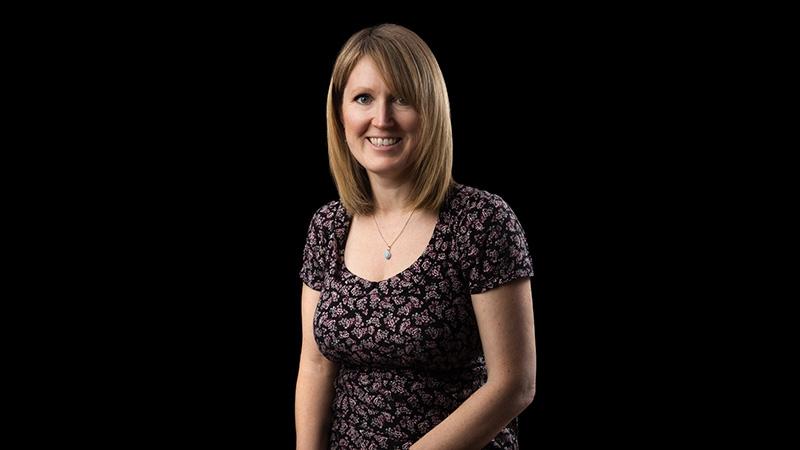Professor Catherine Loveday, Professor of Cognitive Neuroscience, was interviewed on the BBC World Service’s Health Check programme to talk about the ways in which our brain works to solve puzzles in the increasingly popular app ‘Wordle’, a word game that requires you to guess a new five letter word every day.

Commenting on the different tactics to solve the puzzle, Professor Loveday said: “I think some people do it in different ways. I think some people are quite strategic in what we would call convergent thinking, which means that they are working through it really systematically on what are the possible letters that would fit together. Or you can do divergent thinking, so you are coming up with as many solutions as quickly as you can and trying to be really creative…actually the best thing to do is then to step away from it.
“What we know is that there is a lot of incubation, so our brain does a huge amount of processing and problem solving while we’re completely leaving things alone. So, the unconscious brain would do quite a lot of work, and so by stepping away from it and coming back to it, you might find it pops into your head much more easily then.”
Regarding the popularity of the app, she added: “I think it is really well-placed to trigger our reward systems in our brain. What we know happens is that if we get something right all the time, it’s not very rewarding or fun; what you get with this is a kind of intermittent reward.”
Listen to the full podcast on BBC Sounds.


